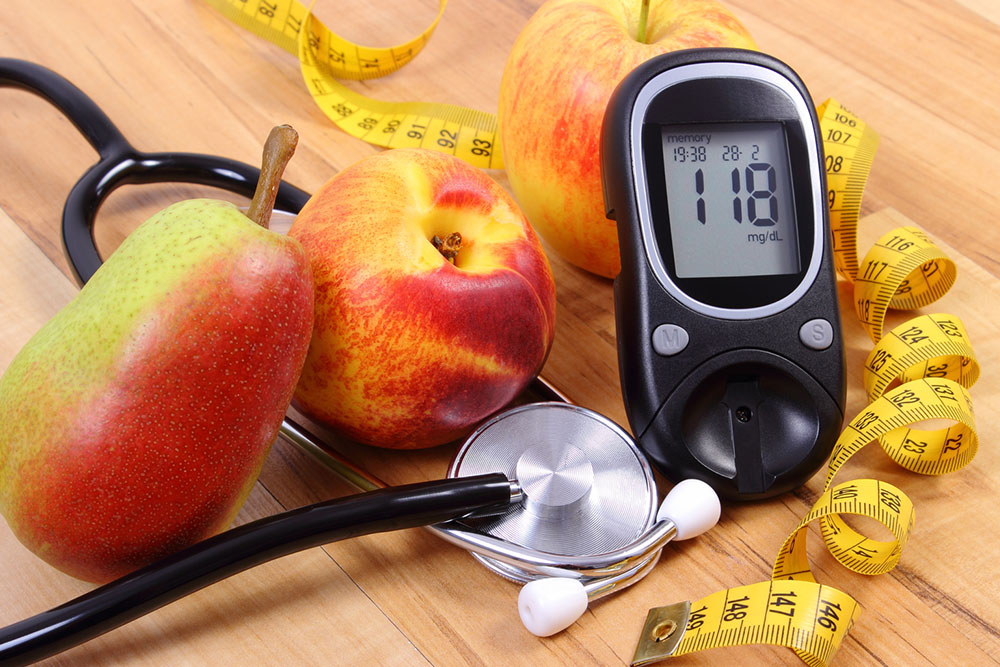10 Signs of Excessive Sugar Intake That Can Cause Health Issues

High sugar intake has become increasingly prevalent in our modern food choices. While most people know that too much sugar is bad for health, one can underestimate the silent signs it can leave within our bodies. Ignoring these signs can lead to a range of health issues like fatty liver, kidney problems, vision issues, and cardiac problems. Resorting to proper treatment options can help alleviate the symptoms of high sugar.
As some of the health issues mentioned above are critical in nature, it’s considered best to understand the diagnosis and treatment of high blood sugar, also known as hyperglycemia.
In most cases, diagnosis of the condition can involve certain tests such as the fasting glucose test and the A1c test. Then depending on the results the doctor can suggest treatment alternatives like meeting one’s nutritional needs, consuming meals at a fixed time, developing an exercise program, and practicing stress management techniques – meditation, yoga, to name a few.
Signs of high blood sugar
Here are 10 signs that indicate high blood sugar:
-
- Increased thirst
-
- Blurred vision
-
- Frequent urination
-
- Fatigue
-
- Frequent headaches
-
- Slow healing wounds
-
- Tingling or numbness in hands and feet
-
- Nausea and vomiting
-
- Confusion
- Recurrent infections
Health issues associated with high blood sugar
Fatty liver
One of the most insidious health issues associated with high sugar intake is fatty liver disease. Excessive sugar consumption, especially in the form of refined sugars, can overwhelm the liver’s ability to metabolize it. As a result, the liver converts excess sugar into fat, leading to fat accumulation in the liver. This condition can often go unnoticed until it reaches advanced stages. In such cases, it can progress to more severe liver conditions, including liver cirrhosis and liver failure.
Cardiac issues
High sugar consumption can take a toll on one’s heart health. Excessive sugar included in foods and drinks has been linked to various cardiovascular problems, including high blood pressure, elevated triglyceride levels, and an increased risk of developing heart disease. Further, consuming too much sugar can lead to inflammation in the blood vessels and promote the buildup of fatty deposits in arteries. This can eventually lead to heart attacks, strokes, and other life-threatening cardiac issues.
Impotence
Erectile dysfunction (ED) can be a distressing consequence of high sugar intake. The relationship between sugar and ED is complex, but research suggests that high sugar consumption can contribute to problems with blood flow and vascular function. Additionally, sugar can lead to type 2 diabetes, which is a significant risk factor for ED.
Blindness
Diabetic retinopathy is a diabetes-related eye condition that can ultimately lead to blindness. High sugar levels in the bloodstream can damage the tiny blood vessels in the retina. Over time, this damage can cause vision problems and lead to complete blindness. Preventing diabetic retinopathy involves managing blood sugar levels through lifestyle changes and, if necessary, treatment.






